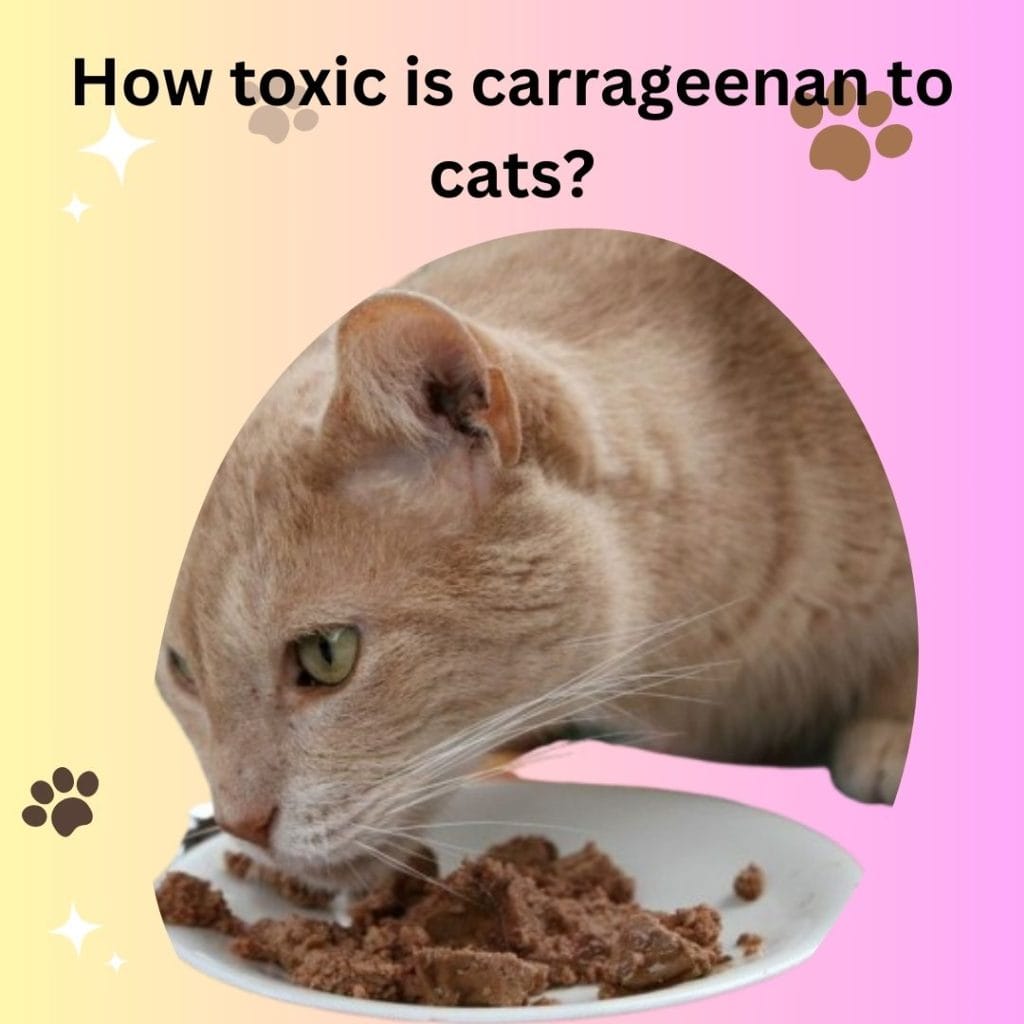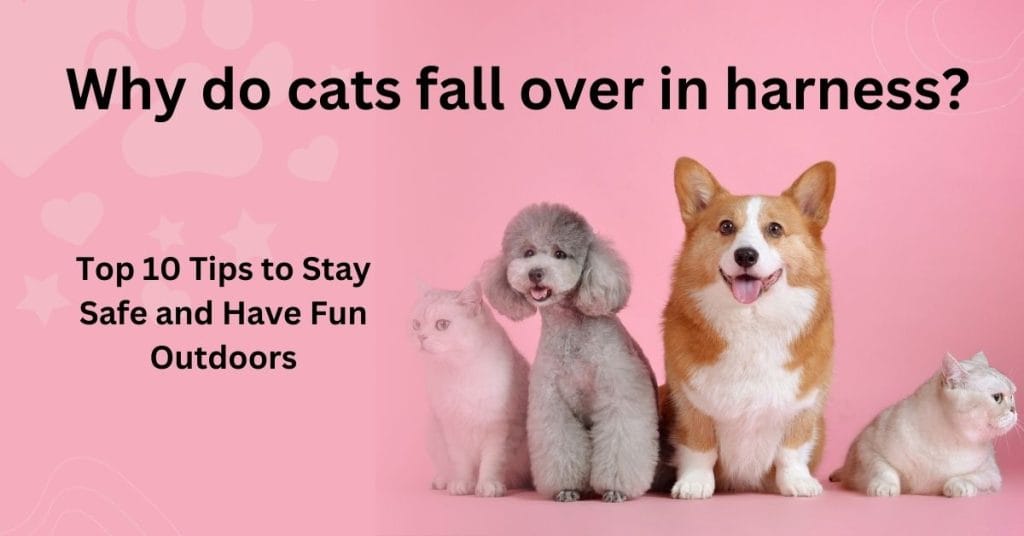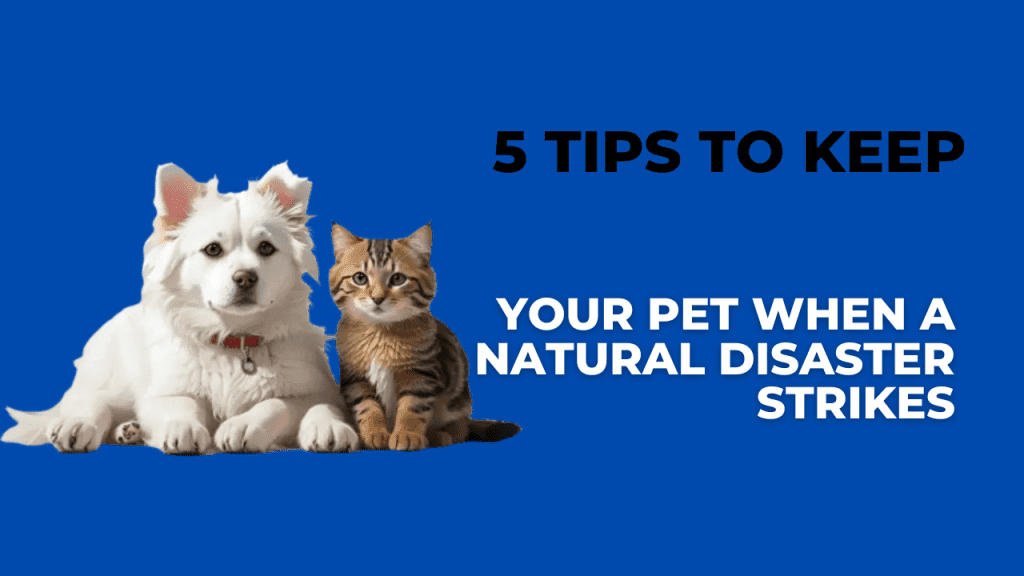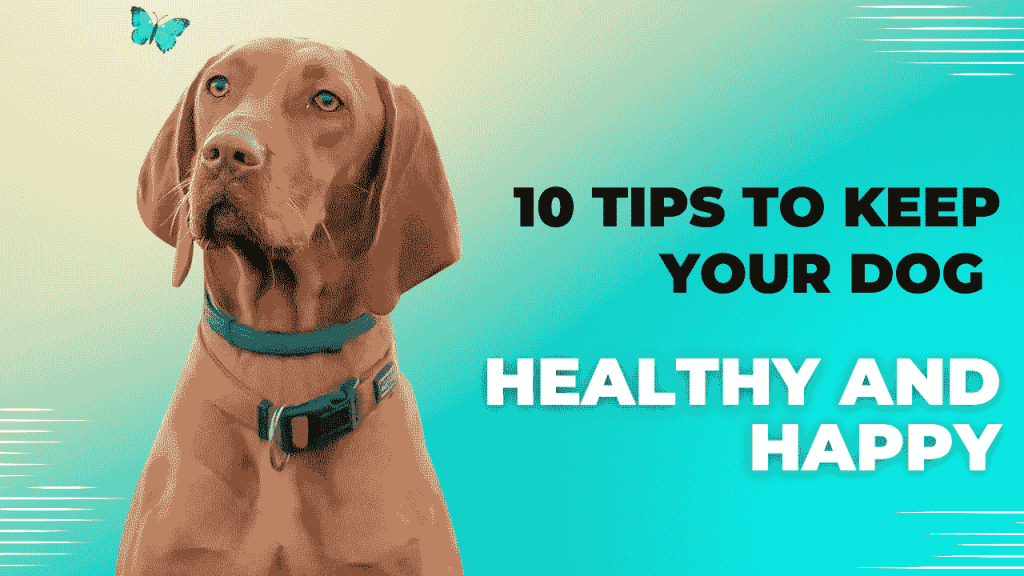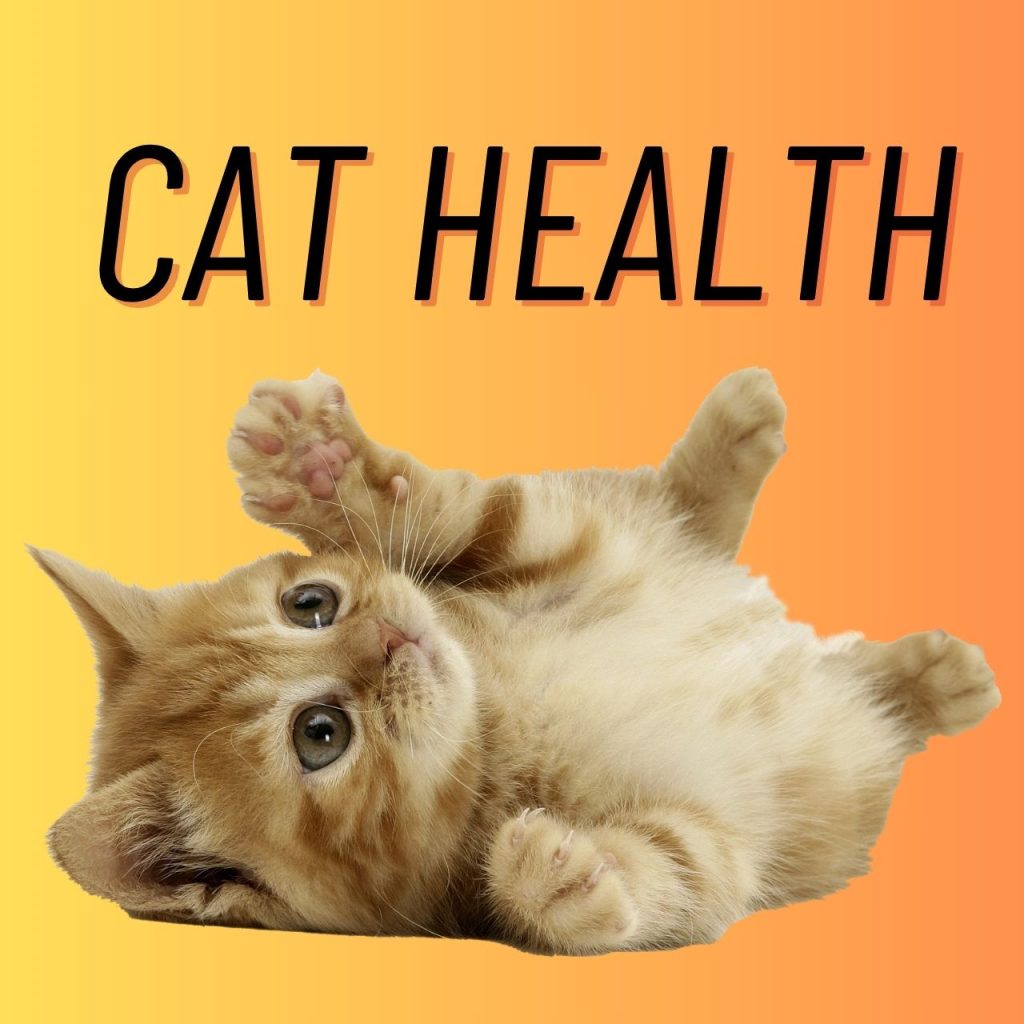How toxic is carrageenan to cats?
Carrageenan, a common food additive from red seaweed, is used as a thickener, stabilizer, and emulsifier in many human and pet foods. The toxicity of carrageenan in cats depends on the type and quantity of exposure:
Types of Carrageenan
- Food-Grade (Undegraded) Carrageenan: This type is typically used in pet foods. Studies have shown that it is generally considered safe in small amounts. However, concerns have been raised about potential inflammation or digestive upset if consumed over a long period, particularly if a cat has a sensitive stomach or existing gastrointestinal issues.
- Degraded Carrageenan (Poligeenan): This type is not used in food products and is considered harmful. Studies have associated it with significant digestive inflammation and other health concerns, but it’s not typically found in commercially available pet foods.
Potential Health Concerns
- Gastrointestinal Inflammation: Some experts believe that even food-grade carrageenan could contribute to low-level chronic inflammation of the digestive tract in cats, especially with long-term exposure.
- Digestive Upset: In sensitive cats, carrageenan might cause mild symptoms like loose stools or mild vomiting.
- Immune Response: Some evidence suggests carrageenan could stimulate an immune response in certain cats, leading to mild inflammation.
Conclusion
Carrageenan is not acutely toxic to cats, but its long-term safety is debated. If you’re concerned, you might want to choose cat foods that are free from carrageenan, especially if your cat has a sensitive digestive system. Reading ingredient labels and opting for natural or organic brands can help avoid this additive.
Is carrageenan harmful to cats?
Carrageenan is not directly toxic to cats, but it has been associated with some potential health concerns, particularly with long-term exposure. Here’s a breakdown of its possible effects:
Concerns About Carrageenan in Cats
- Digestive Issues: Some experts worry that carrageenan may cause inflammation in the digestive system. While food-grade (undegraded) carrageenan is generally considered safe, it has been linked to mild gastrointestinal irritation in certain sensitive animals. This could lead to symptoms like diarrhea or vomiting in cats with a sensitive stomach.
- Chronic Inflammation: There is some debate over whether long-term consumption of carrageenan could contribute to low-grade inflammation in the gut. This inflammation may be more of a concern in cats who have pre-existing digestive issues or food sensitivities.
- Immune Response: In some studies, carrageenan has been observed to trigger an immune response that could lead to mild inflammation. However, there is no strong evidence that occasional consumption causes severe harm.
What the Studies Say
- Food-Grade Carrageenan: Studies on food-grade carrageenan (the kind found in pet foods) have shown mixed results, with some suggesting it’s generally safe while others raise concerns about potential inflammatory effects, particularly with regular, long-term use.
- Degraded Carrageenan (Poligeenan): This type is not used in foods and is considered harmful due to its strong link to inflammation and other health risks. However, it’s not typically a concern in pet food since it’s not an approved additive.

Bottom Line
Carrageenan isn’t outright harmful to most cats, but there is enough concern, particularly about potential long-term effects, that many pet owners choose to avoid it. If your cat has digestive sensitivities or you want to err on the side of caution, consider choosing carrageenan-free foods.
Is carrageenan a poison?
No, carrageenan is not classified as a poison. It is a food additive derived from red seaweed that is used to thicken, emulsify, and stabilize foods, including some pet foods. However, there are concerns about its safety, particularly with long-term use:
Types of Carrageenan
- Food-Grade (Undegraded) Carrageenan: This is the form approved for use in food. It is not considered toxic and is generally recognized as safe (GRAS) by food safety authorities like the FDA. However, there are concerns about its potential to cause gastrointestinal inflammation or upset with regular, long-term consumption.
- Degraded Carrageenan (Poligeenan): This is not the same as food-grade carrageenan. Degraded carrageenan is not used in foods because it is known to cause inflammation and other health issues. It is not approved for consumption and is considered harmful, but it should not be present in commercially available food products.
Safety Concerns
While carrageenan is not toxic or a poison, some studies suggest that even food-grade carrageenan may cause low-grade inflammation in the digestive system, particularly with prolonged exposure. This has led to debates among scientists, with some advising caution for individuals or animals with sensitive digestive systems.
Conclusion
Carrageenan is not a poison, but its safety—particularly for long-term use—is debated. If you are concerned about its effects, particularly for pets like cats, it might be best to opt for foods without carrageenan, especially if your cat has digestive sensitivities.
What cat food has no carrageenan?
If you want to avoid carrageenan in your cat’s diet, there are several brands and types of cat food that do not use this additive. Here’s a list of popular options that are carrageenan-free:
Carrageenan-Free Cat Food Brands
- Weruva: Known for high-quality ingredients, Weruva offers a range of wet cat foods without carrageenan. Their formulas often use simple, whole ingredients and are focused on hydration.
- Tiki Cat: This brand offers grain-free, high-protein, and carrageenan-free wet cat food. Tiki Cat’s recipes are known for their high-quality proteins like fish or chicken, without unnecessary fillers.
- Merrick: Many Merrick wet food options, including their “Purrfect Bistro” line, are carrageenan-free. They focus on real meat and poultry as primary ingredients.
- Nature’s Variety Instinct: This brand specializes in grain-free, high-protein cat foods and offers several wet food recipes without carrageenan. They also have freeze-dried and raw food options.
- Ziwi Peak: A premium option that offers air-dried and canned cat foods. Ziwi Peak’s recipes are carrageenan-free and focus on high-quality proteins and limited ingredients.
- Lotus: Lotus wet cat food features human-grade ingredients and is carrageenan-free. They use agar-agar, a natural seaweed extract, as an alternative thickener.
- Hound & Gatos: A limited-ingredient, high-protein brand that does not include carrageenan in their wet food formulas. Their recipes are simple and focus on real meat.
- Open Farm: Known for its commitment to ethically sourced ingredients, Open Farm’s wet food pouches are carrageenan-free and use simple, nutritious ingredients.
- Feline Natural: This brand is from New Zealand and offers freeze-dried and canned options without carrageenan. They focus on natural, high-protein recipes with minimal additives.
- The Honest Kitchen: This brand offers dehydrated and wet cat food recipes that are carrageenan-free. They use high-quality, human-grade ingredients and natural thickeners like tapioca or guar gum.
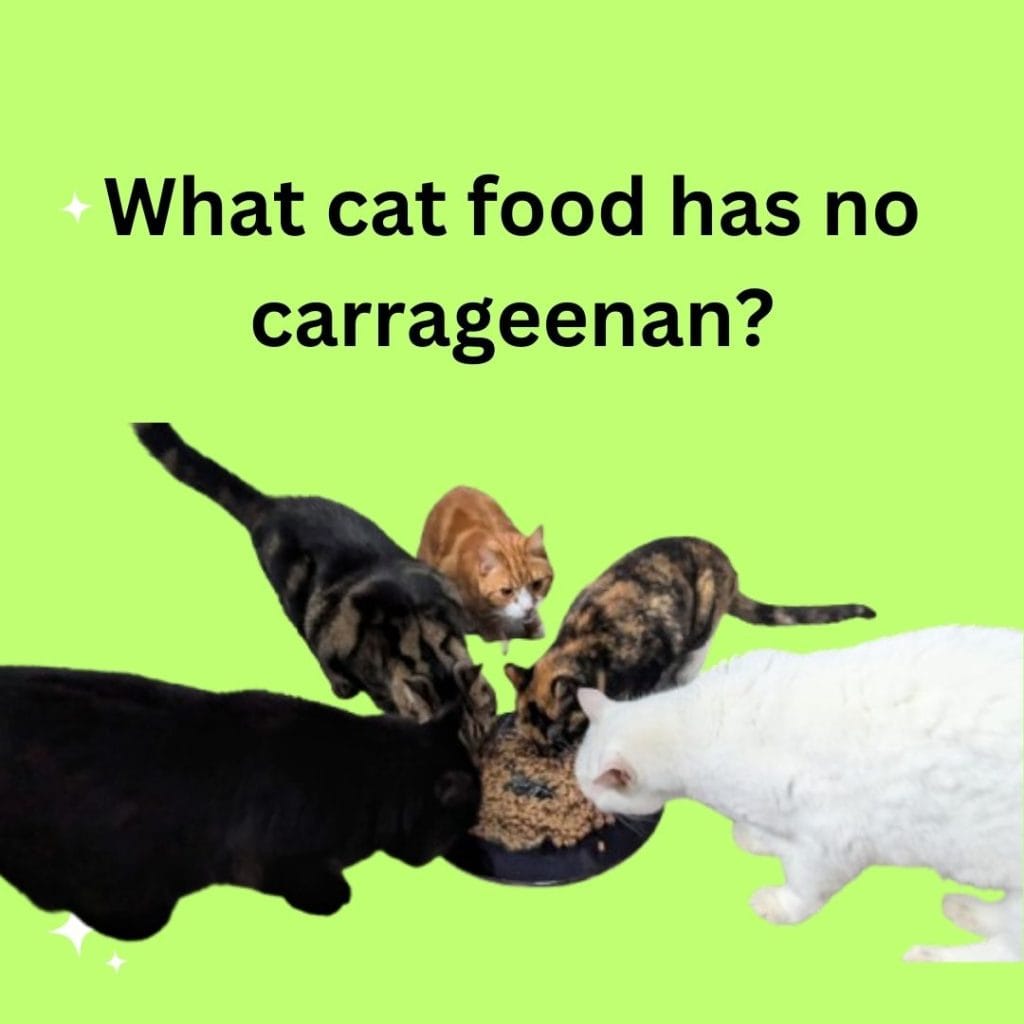

Tips for Finding Carrageenan-Free Cat Food
- Read Labels Carefully: Check ingredient lists for “carrageenan.” Look for alternatives like agar-agar or guar gum, which are considered safer.
- Opt for Smaller Brands: Many smaller or premium brands that focus on natural or limited-ingredient foods avoid carrageenan.
- Look for “Natural” or “Organic” Labels: Some natural or organic brands avoid carrageenan due to concerns about additives.
Switching to a carrageenan-free diet can be beneficial if your cat has a sensitive stomach or if you’re concerned about potential digestive issues.
5 Tips to Keep Your Pet When a Natural Disaster Strikes
Table of Contents
Toggle
